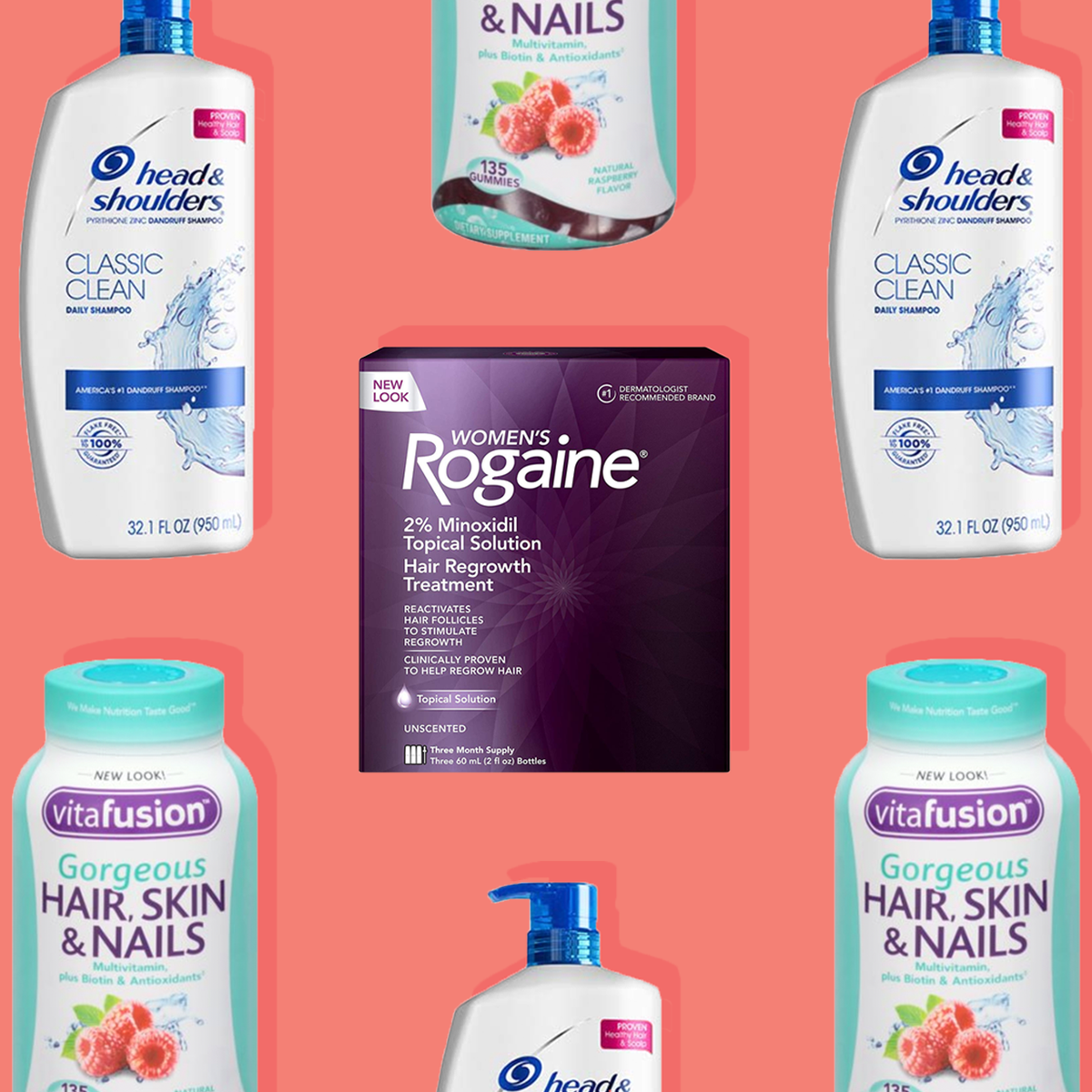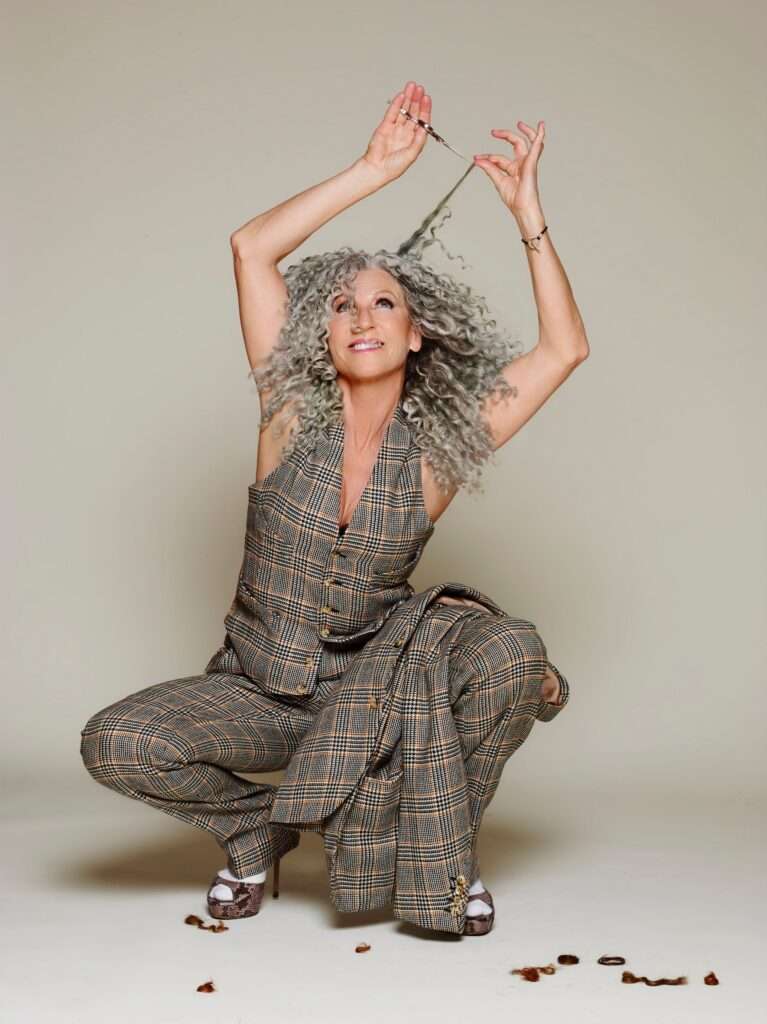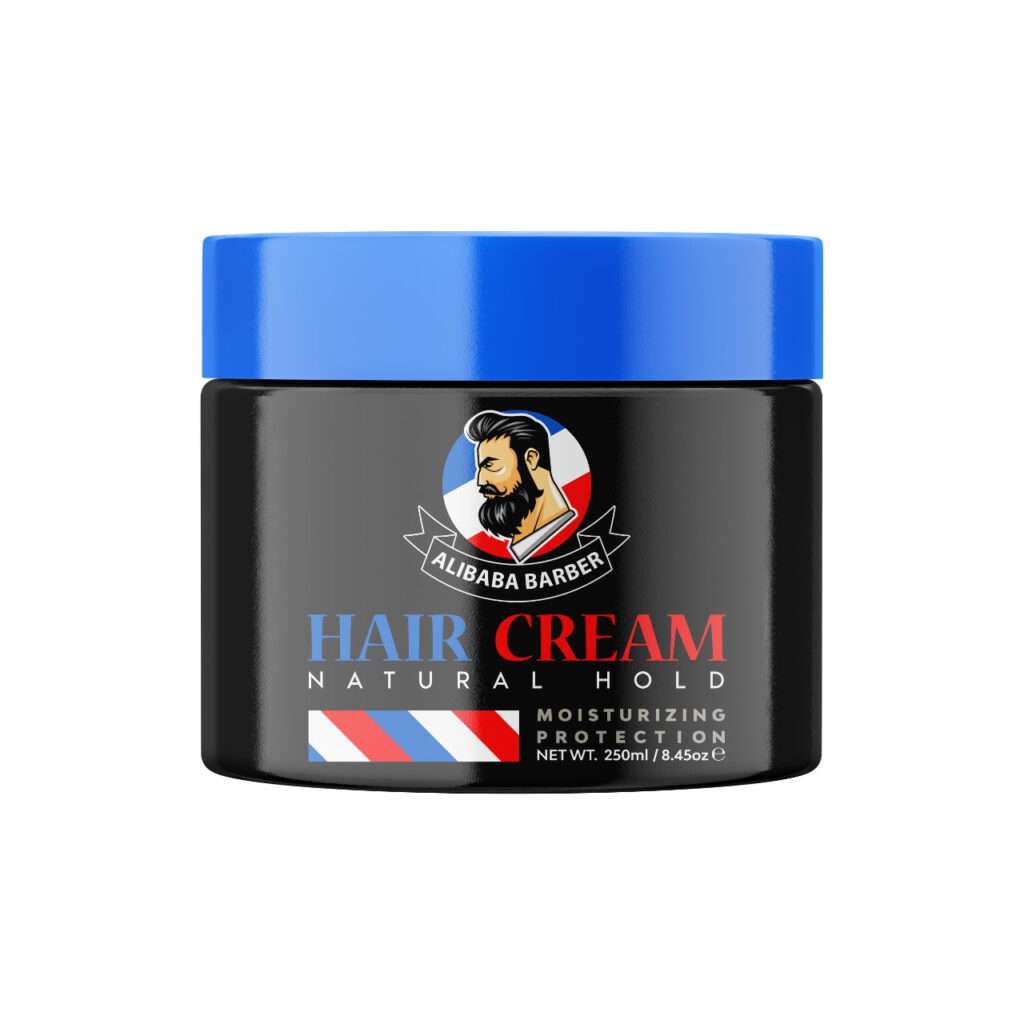The Best Hair Loss Treatment for Female is a combination of minoxidil and low-level laser therapy (LLLT). Minoxidil stimulates hair growth, while LLLT promotes blood circulation and accelerates the regrowth process.
These treatments have shown promising results in various clinical studies and are commonly recommended by dermatologists for female hair loss. Hair loss can be distressing for many women, impacting their self-esteem and confidence. Whether it’s due to genetics, hormonal changes, stress, or other factors, finding an effective treatment is essential.
We will explore the best hair loss treatment options for females, focusing on the combination of minoxidil and low-level laser therapy. We’ll discuss how these treatments work, their benefits and potential side effects, and provide some tips for incorporating them into a daily hair care routine. By understanding the available options, women experiencing hair loss can make informed decisions about the best course of action to achieve healthier hair.
:max_bytes(150000):strip_icc()/keranique-hair-regrowth-treatment-extended-nozzle-sprayer---2-minoxidil-8e54e4c2b43d4aa5b21c0dc786f8930b.jpg)
Credit: www.byrdie.com
Understanding Female Hair Loss
Female hair loss is a common concern that affects many women worldwide. Hair loss can be frustrating and distressing, impacting a woman’s self-esteem and confidence. It is essential to understand the possible causes of hair loss in females and the impact it can have on their lives in order to find the most effective treatments.
Common Causes Of Hair Loss In Females
There are various factors that can contribute to hair loss in females. Here are some of the common causes:
- Hormonal changes: Hormonal imbalances due to menopause, pregnancy, or conditions like polycystic ovary syndrome (PCOS) can lead to hair loss.
- Genetic predisposition: Just like men, women can also inherit genes that make them more susceptible to hair loss. Female-pattern hair loss, also known as androgenetic alopecia, is a hereditary condition that causes gradual thinning of hair.
- Stress: Physical or emotional stress can trigger hair loss in women. Stress-related hair loss, known as telogen effluvium, usually occurs a few months after a stressful event.
- Nutritional deficiencies: Poor diet and inadequate intake of essential nutrients, such as iron, zinc, and vitamins, can impair hair growth and lead to hair loss.
- Medical conditions: Certain medical conditions like thyroid disorders, autoimmune diseases, and scalp infections can contribute to hair loss in females.
Impact Of Hair Loss On Women
Aside from the physical aspect, hair loss can have a significant impact on a woman’s emotional well-being and overall quality of life. Here are some ways in which hair loss can affect women:
- Decreased self-esteem: Losing hair can make women feel less attractive and confident, leading to a decrease in self-esteem.
- Increased self-consciousness: Women with hair loss may feel self-conscious about their appearance, constantly worrying about their thinning hair or bald spots.
- Emotional distress: Hair loss can cause emotional distress and may lead to feelings of sadness, anxiety, or depression.
- Altered social interactions: Some women may withdraw from social activities or avoid situations where their hair loss may be noticeable.
Understanding the common causes of hair loss in females and the impact it can have is crucial in selecting the most suitable treatment options. By addressing the underlying cause and seeking appropriate solutions, women can regain their confidence and enjoy healthy, luscious hair once again.

Credit: www.prevention.com
Different Hair Loss Treatments
When it comes to finding the best hair loss treatment for females, there are various options available. From topical solutions and shampoos to oral supplements and medications, as well as hair transplant procedures, each type of treatment aims to address hair loss concerns in different ways.
Topical Solutions And Shampoos
Topical solutions and shampoos are often considered the first line of defense against hair loss. These products are designed to be applied directly to the scalp, targeting the hair follicles and providing nourishment to promote hair growth. Some popular topical solutions contain key ingredients such as Minoxidil, which has been clinically proven to stimulate hair regrowth.
Additionally, there are various shampoos available that are specifically formulated to combat hair loss. These shampoos usually contain ingredients like biotin, saw palmetto, and ketoconazole, which help strengthen the hair follicles and reduce excessive shedding. Regular use of these topical solutions and shampoos can potentially improve the overall health and thickness of the hair.
Oral Supplements And Medications
In addition to topical solutions and shampoos, oral supplements and medications can also be effective in treating hair loss for females. These supplements are designed to provide essential nutrients that support hair growth and prevent further hair loss. Some common ingredients found in these supplements include vitamins, minerals, and herbal extracts that promote hair health.
Moreover, there are certain prescription medications that can be prescribed by a healthcare professional to treat androgenetic alopecia, a common cause of hair loss in females. These medications work by blocking the hormone responsible for hair thinning and loss, helping to maintain hair density and stimulate regrowth.
Hair Transplant Procedures
For individuals experiencing severe hair loss or those who have not found success with topical solutions, shampoos, or oral supplements, hair transplant procedures can be a viable option. Hair transplant procedures involve taking hair follicles from areas of the scalp with healthy hair growth and implanting them into areas where hair is thinning or balding.
There are different techniques available for hair transplant procedures, including follicular unit transplantation (FUT) and follicular unit extraction (FUE). FUT involves removing a strip of scalp containing hair follicles, while FUE involves individually extracting hair follicles for transplantation. Both methods can provide natural-looking results and have high success rates when performed by qualified professionals.
In conclusion, the best hair loss treatment for females may vary depending on individual needs and preferences. Topical solutions and shampoos can be a convenient and easy-to-use option, while oral supplements and medications offer a more holistic approach. For severe cases of hair loss, hair transplant procedures can provide a long-lasting solution. It is always recommended to consult with a professional to determine the most suitable treatment plan for your specific hair loss concerns.
Natural Remedies For Hair Loss
Struggling with hair loss? Explore natural remedies for female hair loss, including essential oils, scalp massages, and dietary changes. These holistic approaches may promote hair growth and improve overall hair health, offering a gentle and effective alternative to traditional treatments.
Natural remedies for hair loss are a popular choice for women looking to tackle this issue without resorting to harsh chemicals or expensive treatments. There are several effective options that can help promote hair growth, including the use of essential oils and making nutritional and dietary changes. In this article, we will explore these natural remedies in more detail to give you a better understanding of how they can benefit your hair health.
Essential Oils For Hair Growth
Essential oils play a significant role in promoting hair growth and strengthening hair follicles. They are derived from aromatic plants and contain powerful components that stimulate hair follicles, improve blood circulation, and nourish the scalp. Here are some essential oils that have been proven effective for hair growth: – Lavender oil: This versatile oil not only has a pleasant aroma but also helps balance oil production, improves scalp health, and promotes hair growth. –
Peppermint oil: Known for its cooling and soothing properties, peppermint oil stimulates the hair follicles and promotes blood circulation, leading to enhanced hair growth. –
Rosemary oil: This oil has been used for centuries to support hair health. It helps improve circulation, strengthen the hair roots, and prevent premature graying. – Jojoba oil: This oil closely resembles the natural oils produced by our scalp, making it an excellent moisturizer. It helps unclog hair follicles, nourish the scalp, and promote healthy hair growth. – Cedarwood oil: Cedarwood oil has antifungal and antibacterial properties that can help combat dandruff and scalp infections, both of which can contribute to hair loss.
Nutritional And Dietary Changes
In addition to the topical application of essential oils, making certain nutritional and dietary changes can also support hair growth and combat hair loss. These changes ensure that your hair receives the vital minerals and nutrients it needs. Here are some simple dietary adjustments you can make: –
Increase protein intake: Hair strands are primarily made of protein, so it is crucial to have an adequate intake. Include lean meats, fish, eggs, legumes, nuts, and seeds in your diet. – Incorporate vitamins and minerals: Consume foods rich in vitamin C, vitamin E, iron, zinc, and omega-3 fatty acids. These nutrients support hair health and repair damaged hair follicles. – Stay hydrated: Drinking plenty of water keeps your hair hydrated, preventing dryness and breakage. Aim for at least 8 glasses of water per day. –
Reduce stress levels: High levels of stress can contribute to hair loss. Engage in stress-relieving activities such as yoga, meditation, or hobbies that help you relax and unwind. – Avoid harsh styling practices: Overuse of heat styling tools, tight hairstyles, and chemical treatments can damage the hair and lead to hair loss. Opt for gentle styling methods instead.
By incorporating these natural remedies into your hair care routine, you can stimulate hair growth and prevent further hair loss. Experiment with different essential oils and make the necessary dietary changes to find the best solution that fits your needs. Remember, patience and consistency are key when it comes to achieving healthy, lustrous hair.

Credit: crlab.com.au
Lifestyle Factors And Hair Loss
When it comes to finding the best hair loss treatment for females, it’s important to consider the various lifestyle factors that can contribute to hair loss. Your daily habits and routines play a significant role in the health of your hair, and by making some simple changes, you can potentially prevent or reduce hair loss. This article will explore two key lifestyle factors that can impact hair loss: stress management and hair care practices.
Stress Management
- Stress is a common factor that can lead to hair loss in women.
- When you’re stressed, your body releases hormones that can disrupt the hair growth cycle.
- There are several effective ways to manage and reduce stress:
Regular exercise: Engaging in physical activity helps release endorphins, which are natural stress relievers.
Deep breathing exercises: Taking slow, deep breaths can activate the body’s relaxation response, reducing stress levels.
Meditation and mindfulness: Practicing mindfulness techniques, such as meditation or yoga, can help calm the mind and lower stress.
Getting enough sleep: Adequate sleep is crucial for overall well-being and helps combat stress.
Hair Care Practices
- How you care for your hair can greatly impact its health and minimize hair loss.
- Here are some hair care practices to keep in mind:
Avoid aggressive brushing or combing: Harsh brushing or combing can cause breakage and damage to the hair. Instead, use a wide-toothed comb or a brush with soft bristles.
Avoid tight hairstyles: Pulling your hair back tightly into ponytails or buns can put excessive pressure on the hair follicles, leading to hair loss. Opt for looser hairstyles whenever possible.
Protect your hair from heat: Excessive heat from styling tools like straighteners or curling irons can damage hair follicles. Use heat protectant sprays and set your styling tools to a lower temperature to minimize damage.
Avoid chemical treatments: Frequent use of chemical treatments like coloring, perming, or straightening can weaken the hair and contribute to hair loss. Give your hair a break from these treatments or opt for milder alternatives.
Follow a healthy diet: Proper nutrition is essential for healthy hair growth. Include foods rich in vitamins, minerals, and protein in your diet to promote hair health.
By incorporating these stress management techniques and following good hair care practices, you can take important steps towards preventing or minimizing hair loss. Remember, small changes in your lifestyle can make a big difference in the health and well-being of your hair.
Consulting With A Hair Loss Specialist
When it comes to addressing hair loss in women, consulting with a hair loss specialist is crucial for finding the best possible treatment. A professional evaluation by a specialist can provide valuable insights into the underlying causes of hair loss and help create personalized treatment plans to effectively address the issue.
Importance Of Professional Evaluation
Seeking the expertise of a hair loss specialist is vital for accurately diagnosing the root cause of hair loss. A thorough evaluation can help identify any underlying medical conditions, hormonal imbalances, nutritional deficiencies, or genetic predispositions that may be contributing to the hair loss. Professional evaluation can also rule out any more serious conditions that may be impacting hair health, ensuring that the appropriate treatment is pursued.
Personalized Treatment Plans
One of the significant benefits of consulting with a hair loss specialist is the development of personalized treatment plans. These plans are tailored to address the specific needs and concerns of each individual, taking into account their unique hair type, lifestyle, and medical history. Whether it involves prescription medications, lifestyle modifications, or advanced hair restoration techniques, a personalized approach ensures that women receive the most effective and appropriate treatment for their hair loss.
Frequently Asked Questions Of Best Hair Loss Treatment For Female
What Is The Number 1 Rated Hair Loss Treatment?
The number 1 rated hair loss treatment varies from person to person as individual results may differ. It is recommended to consult a hair specialist who can assess your specific needs and recommend the most effective treatment for you.
Does Anything Stop Female Hair Loss?
Female hair loss can be halted and sometimes reversed with appropriate treatment options like medications, hair transplants, and lifestyle changes. Seeking professional advice is vital in determining the underlying cause and the most effective course of action.
Can You Regrow Hair After Hair Loss For Woman?
Yes, women can regrow hair after hair loss. Various treatments, such as medication, topical solutions, and hair transplantation, can help stimulate hair growth and promote regrowth. Consulting with a healthcare professional can determine the best course of action for individual circumstances.
What Do Dermatologists Prescribe For Hair Loss?
Dermatologists prescribe medications like minoxidil and finasteride for hair loss. Minoxidil is a topical treatment that helps stimulate hair growth, while finasteride is a pill that reduces the production of a hormone linked to hair loss. Both medications are commonly recommended for addressing hair loss concerns.
Conclusion
To summarize, finding the best hair loss treatment for females can be a challenging process. However, by considering factors such as the underlying cause of hair loss, individual needs, and seeking professional advice, it is possible to find an effective solution.
Whether it be medication, topical treatments, or lifestyle adjustments, taking proactive steps towards preventing further hair loss and promoting regrowth is essential. Remember, every individual is unique, and what works for one person may not work for another.

